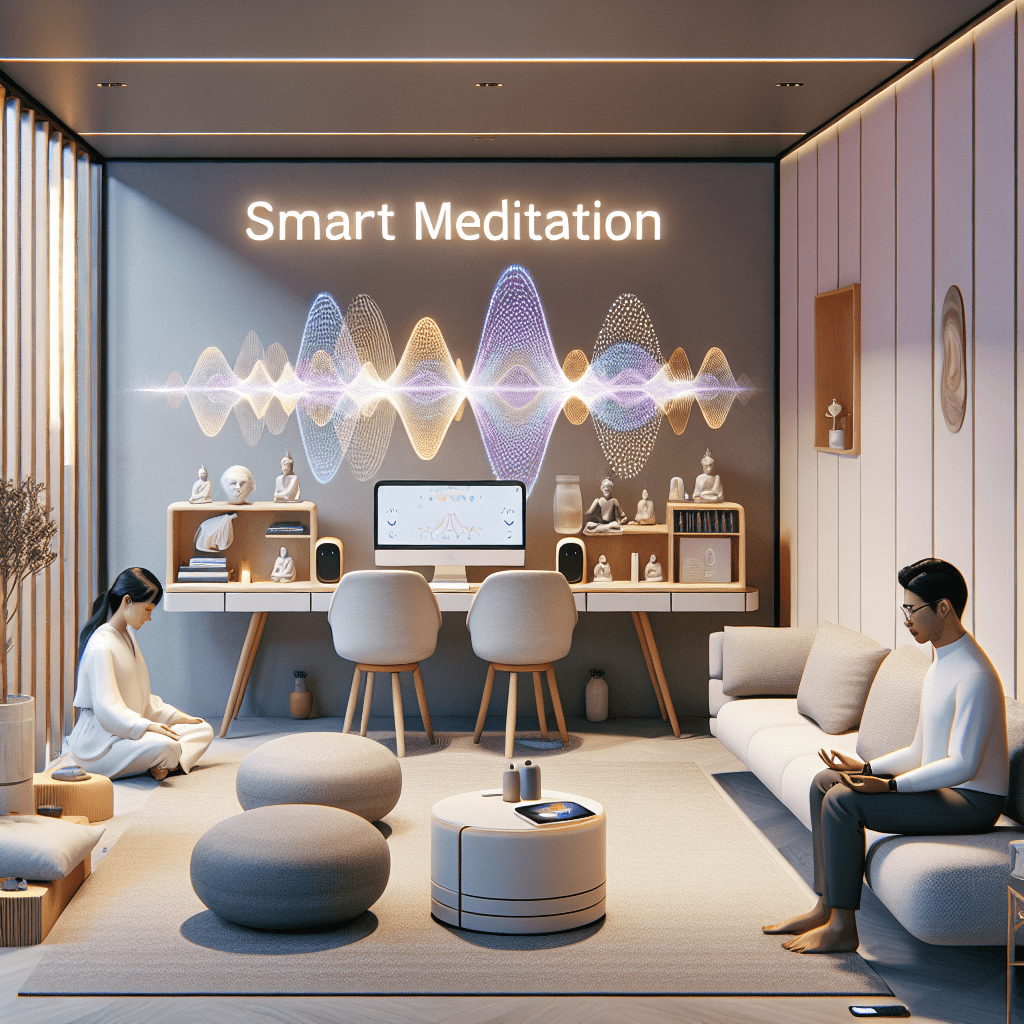
Prioritize your mental well-being daily. Enhance your life by nurturing your mental health with the Smart Meditation app. Break free from stress, alleviate anxiety, and enhance your sleep quality starting today.
Does Meditation Replace Sleep?
Unveiling the Mystery: Can Meditation Supplant Slumber?
In today’s fast-paced world, everyone’s hunting for the ultimate hack to boost productivity and wellness. Enter meditation, an ancient practice that’s been dusted off and is now touted as a cure-all for modern maladies. From Silicon Valley moguls to your next-door neighbor, it seems like everyone’s jumping on the meditation bandwagon. But here’s the zillion-dollar question—can meditation actually replace sleep?
Before you consider swapping your pillow for a meditation mat, let’s dive deep into this intriguing query. Understanding both the science and the nuances behind these two vital activities could very well reshape your approach to rest and rejuvenation.
Sleep vs. Meditation: The Lowdown
To kick things off, it’s crucial to pinpoint the key differences and benefits of these two restorative states. On one hand, sleep is a non-negotiable biological necessity. It’s the body’s way of hitting the reset button, allowing vital processes such as muscle repair, memory consolidation, and hormone regulation to take place.
Meditation, on the other hand, is the mind’s gym session. It’s a conscious activity that involves focusing one’s mind on a particular object, thought, or activity to train attention and awareness. The benefits? Think improved stress management, enhanced emotional health, an uptick in creativity, and, for some, a deep sense of spiritual connection.
So, Can You Ditch the Zzz’s for Ommms?
The straightforward answer? No, meditation cannot replace sleep. But, and it’s a big but, it can complement it in ways that might just leave you in awe. Here’s the scoop:
-
Sleep Quality Improvement: Regular meditation can actually enhance the quality of your sleep. How? By reducing stress and anxiety, two notorious culprits behind tossing and turning at night. A calm mind at bedtime is more conducive to slipping into those coveted deep sleep stages.
-
Nap Substitute? Maybe: For those who struggle with daytime drowsiness but can’t manage a nap, a meditation session could serve as a revitalizing alternative. While it doesn’t replace the restorative aspects of sleep, a mindful meditation break can reduce fatigue and boost alertness.
-
Supplement, Not Substitute: Think of meditation as the cherry on top of your sleep hygiene routine. Incorporating it into your daily life can bolster your overall well-being, potentially making it easier to catch those Zzz’s.
-
Yoga Nidra – A Special Mention: There’s one form of meditative practice worth noting – Yoga Nidra, also known as yogic sleep. While it still doesn’t substitute sleep, practitioners often report feeling as refreshed as if they had a power nap, owing to its deep relaxation effects.
Embracing the Duo for Optimal Wellness
Ready to revamp your wellness routine? Consider integrating both sleep and meditation for the ultimate one-two punch against stress and fatigue. Start small – even a few minutes of meditation each day can spark significant positive changes. Couple that with good sleep hygiene practices (think consistent sleep schedules, a comfy bedroom environment, and limiting screen time before bed), and you’re on your way to mastering your rest and relaxation game.
Remember, in the quest for health and productivity, balance is key. It might be tempting to cut corners, but there’s no true substitute for a good night’s rest. Consider meditation as your secret weapon for enhancing sleep and unlocking a treasure trove of other health benefits.
To sum it up, while meditation is a powerful tool in your wellness arsenal, it’s not a stand-in for sleep. But when used in tandem, they can elevate your health and vitality to new heights. Here’s to sweeter dreams and serene moments of mindfulness!





